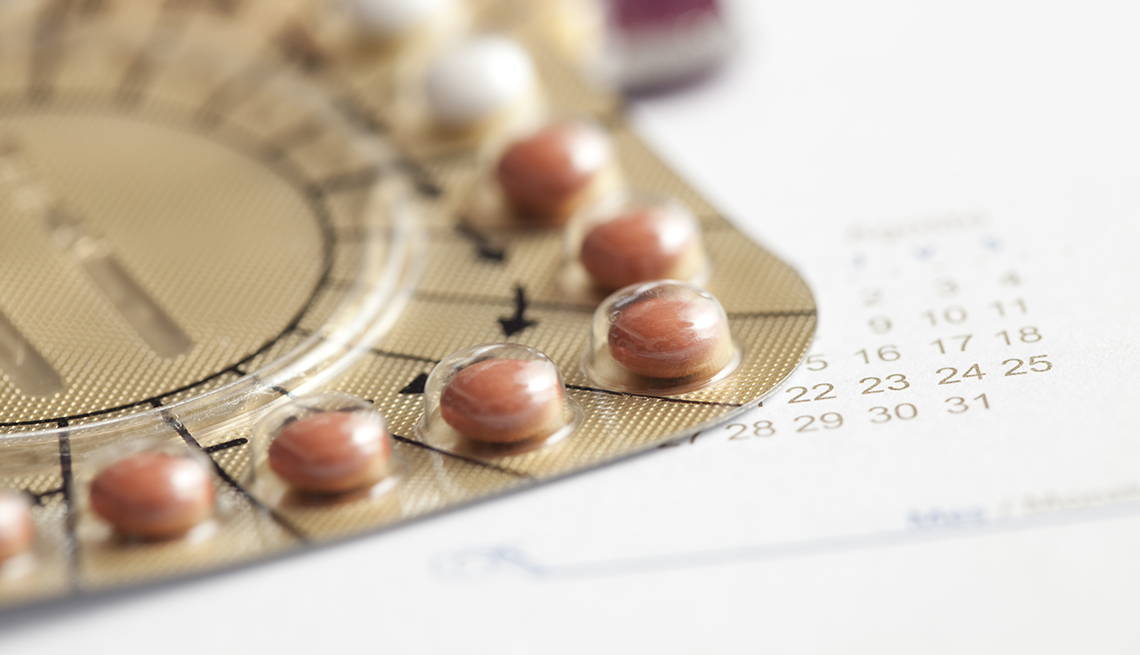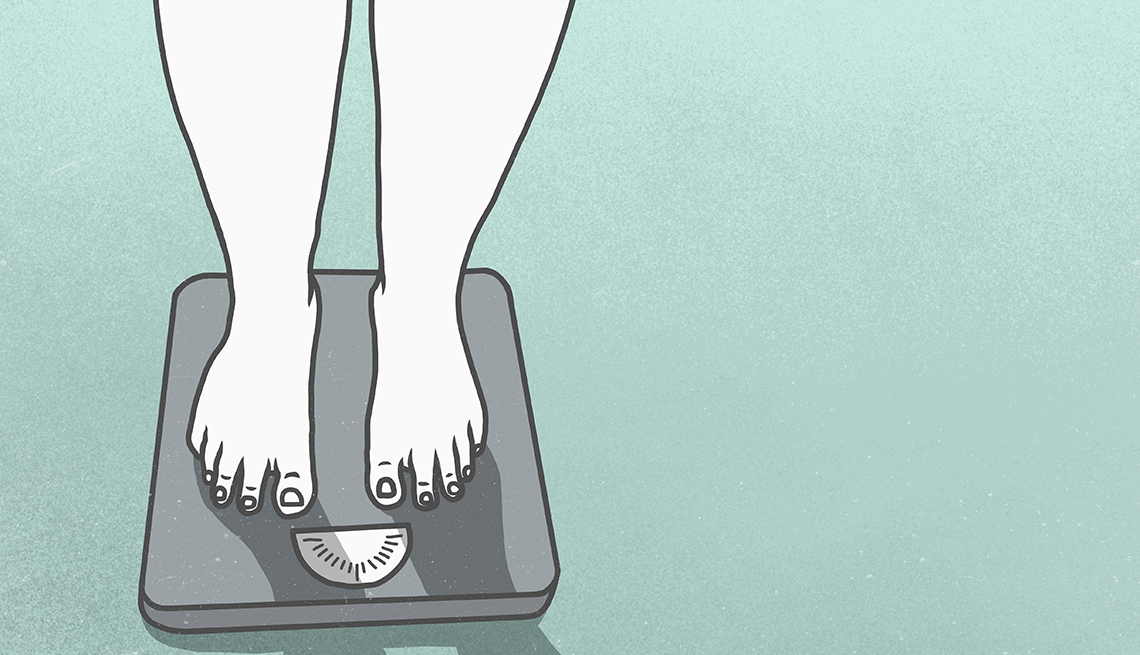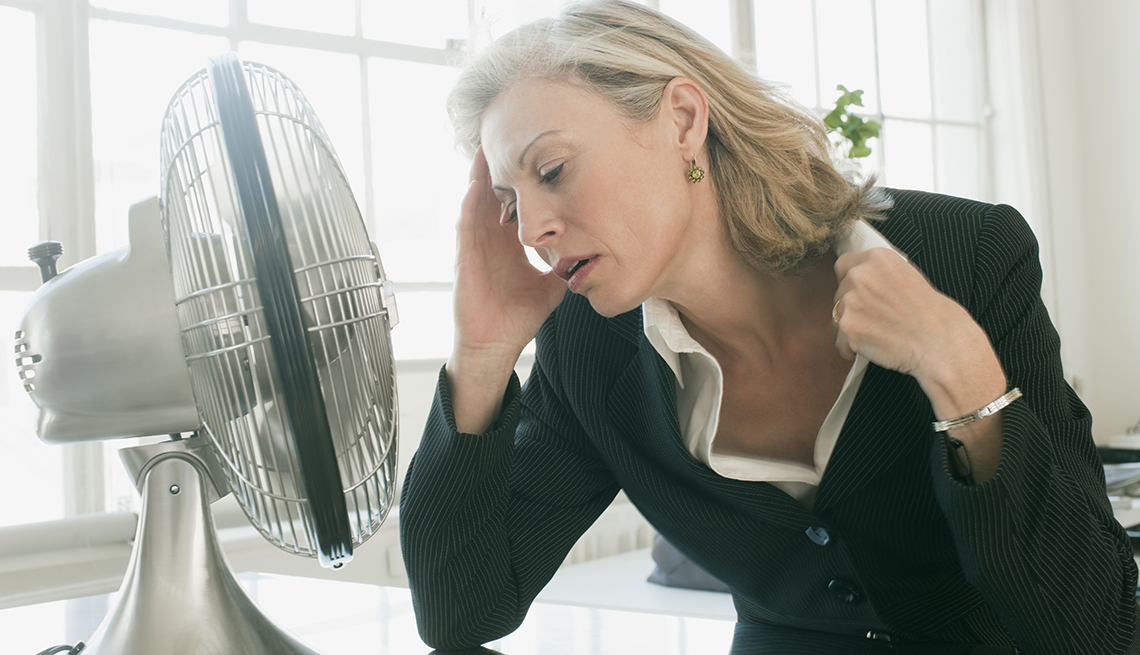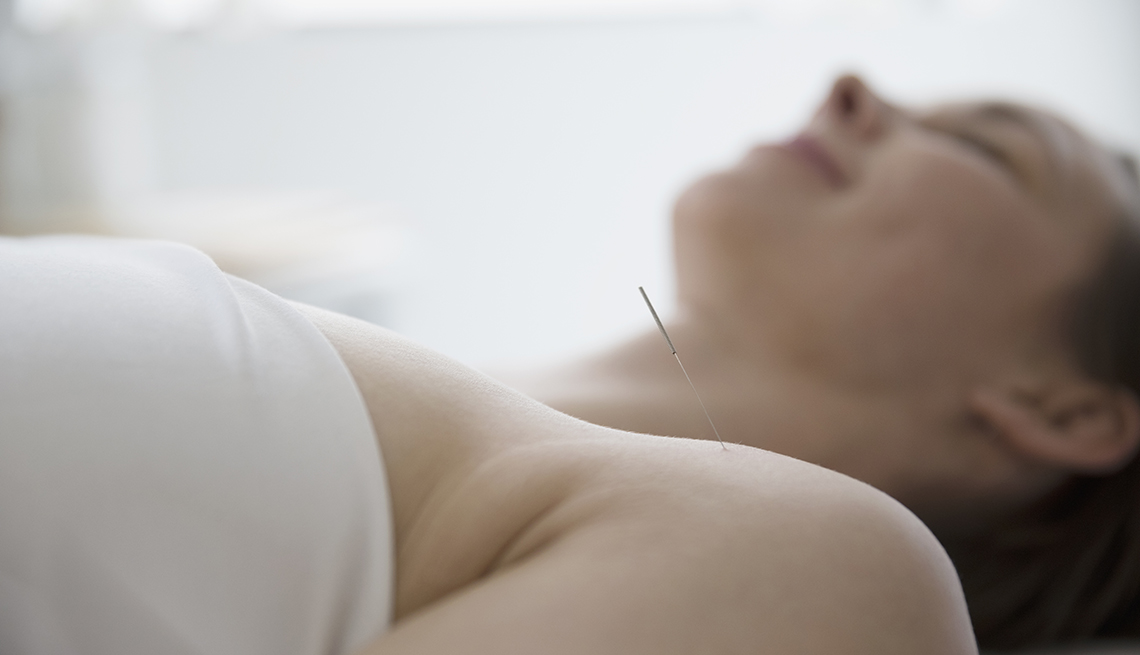All Your Menopause Questions ... Answered
From when it begins to how long it may last (!) to how to keep your sex life better and belly flatter, we’ve got the top experts and proven advice to help you navigate the Change. Plus, an in-depth look at why you might not have heard about the latest menopause treatments from your doctor.
Got meno-gut? Why that belly is not entirely your fault ... and how to take it off.
Doctors are woefully untrained on menopause, and what they don't know can hurt you.
From lubrication to toys, Laura Berman takes on the finer points of sex and menopause.







